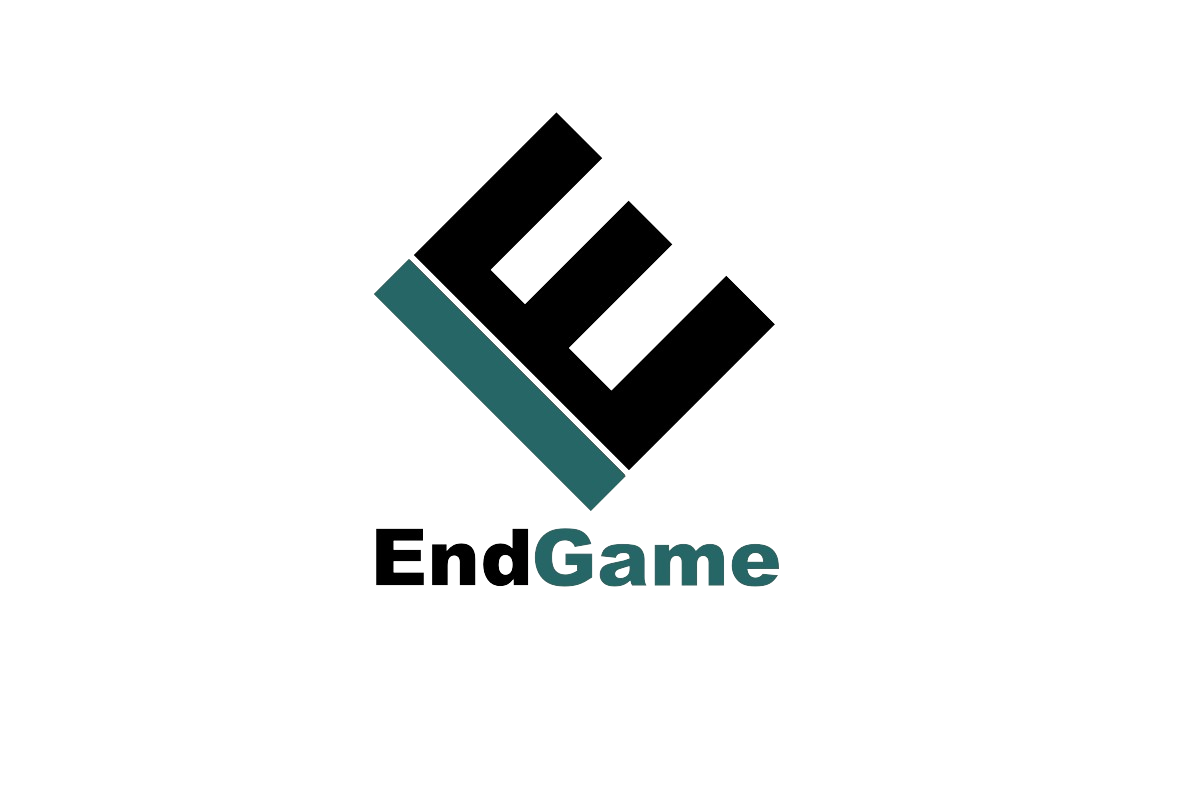We live in an evolving world, one that is changing every day. This is a process that is fueled by technology. Innovation is impacting us today defining the future, and it is up to us to determine the path that takes.
The technology that will take us forward can be built on sound, ethical, smart principals. It can invite unique perspectives. It can provide empowerment, knowledge, awareness, access, and community.
As we develop the technology of the future, we can work towards creating a better world long term. This means many different things as technology merges with all parts of our lives. For example, EdTech (education technology) can make knowledge more accessible globally and algorithms have the potential to remove or alleviate human bias.
The flip side is the serious potential for harm if the systems that we use aren’t being developed by people that have diverse perspectives. When we fail to be inclusive there are massive oversights that can lead to disastrous effects.
One clear example that we can look back at today is the development of vehicles. According to the NHTSA women are 17% more likely to be killed in a car accident and 73% more likely to be injured. This is attributed to a number of factors, but the most egregious is the lack of women involved in designing the testing done to ensure the safety of automobiles.
If the technologies we are developing and integrating into our society are 73% more harmful to women or underrepresented groups then every company has a clear opportunity to provide a better product by having diversity of thought and leadership.
There is hope thanks to technology leaders like Kesha Williams, an AWS Training Architect at A Cloud Guru, who recently spoke about the importance of diversity in development teams at WWCode CONNECT Digital Conference.
“In the age of algorithmic decision-making, as a software engineer and machine learning practitioner, I believe the systems I build must reduce biases instead of carrying them forward. Machine learning is a powerful technology being applied to many areas of life. I have seen firsthand how machine learning systems – when built without bias – lead to a more fair and equitable society. As engineers, we all have moral and ethical obligations to ensure the systems we build do not negatively impact the lives of others.”
Moving forward, one of the most powerful ways that technology can transform the world for good is through open access to education and information. From a personal perspective, I have seen Women Who Code go from serving our community in 20 countries to 122 countries in just two months as we have put technology to use to ensure our programming reaches everyone who needs it during this time of quarantine.
That kind of access to information can fuel important conversations, it can ensure that people everywhere have the resources they need to provide security to their families, to find a job, or even to upskill to a better position. It can provide freedom and choice, and allow our society to grow better, as we connect together.
Technology can be a force for good in the world. But we have to ensure that all people are represented when developing that technology. By creating systems that encourage diversity and value equality now, we can help to ensure that technology, innovation, and the future, will be better.




